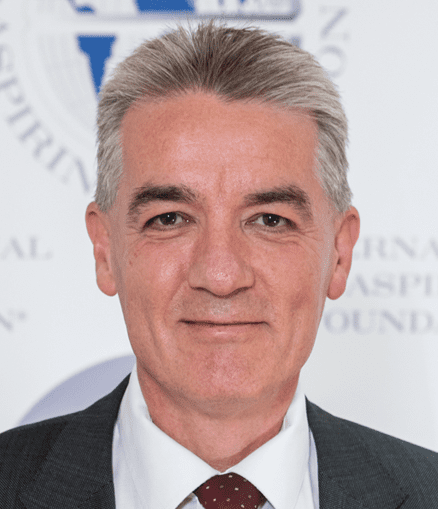
Professor Lawrence Wong is a neurologist who uses advanced imaging technologies to further our understanding of stroke in Asia. Stroke is one of the leading causes of death and disability worldwide. 20 years ago, Wong observed that stroke was more prevalent among Asians than Caucasians. However, research into this area was lacking. He began to use Transcranial Doppler, an ultrasound imaging technology, to look at blood flow in brain blood vessels. He started by monitoring stroke patients at the hospital, and later expanded the study to include thousands of asymptomatic people in rural parts of China, using portable ultrasound devices. Through these pioneering studies, he discovered that the predominant cause of stroke among Chinese populations is a narrowing of the brain blood vessels (intracranial stenosis), as opposed to a narrowing of the neck blood vessels observed in most Caucasians. He also found that patients with obstructed brain blood vessels have worse outcomes with higher risks of further strokes. His community-based initiatives established that the prevalence of intracranial stenosis among asymptomatic Chinese aged 40 or above is seven percent. In recent years, Wong has worked on stroke treatments. He has vastly improved the success rate of intracranial artery stenting to support obstructed blood vessels. His current research focuses include drug- or machine-assisted improvement in patients’ blood flow. Wong intends to use his Senior Medical Research Fellowship for the clinical trial of stent implantation as a widely used stroke treatment. He will further consolidate his research on the epidemiology of stroke through analyzing data collected from more than 3,000 patients from various parts of China.











